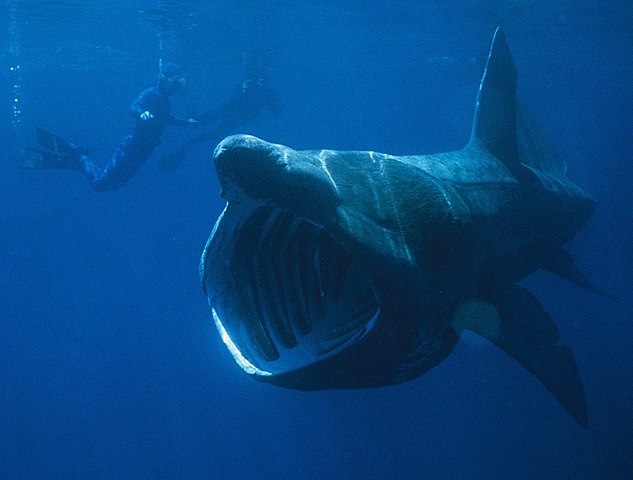
National Marine Week
Marine Life Species To Spot In The UK’s Waters
In the UK it’s National Marine Week from 22nd July – 6th August. Wait you say, that’s longer than a week? Well, there’s lots to appreciate about our oceans! The reason is so that the organisers can make the most of different tide times around the UK. To celebrate this week here’s a look at eight of the wonderful species of marine life you may not be aware we have around the UK’s shores.
1. Cuttlefish
This fish with three hearts is related to squid and octopus and is a predatory, intelligent animal. They are found around UK shores but are more commonly spotted on south and west coasts. They are real masters of disguise, by controlling the 10 million colour cells within their skin, they are able to change their colour, pattern, and texture. Amazing creatures!
2. Leatherback Turtle
This ancient species of sea turtle holds the accolade for being the largest in the world. They have existed since the age of the dinosaurs. Leatherbacks are the only species of sea turtle to lack a hard shell and scales, deriving their name from their tough rubbery skin. In summer months they are a rare sight off west coasts. They are very rarely spotted elsewhere in UK waters. Their conservation status is classed as Vulnerable, with many populations critically endangered and at risk of extinction.
3. Sunfish
The aptly shaped and named ocean sunfish or common mola (Mola mola) is one of the largest bony fish in the world. This species loves to sunbathe and visits UK seas during the summer months to feast on jellyfish. They are very large in size; a mature ocean sunfish has an average length of 1.8 m and a fin-to-fin length of 2.5 metres. The weight of mature specimens can range from 247 to 1,000 kg.
4. Harbour Porpoise
With a penchant for cold waters, the harbour porpoise is commonly found in coastal bays, estuaries, around headlands, in tidal channels, most commonly spotted within 10 km of coast, hence the name ‘Habour’. Easily mistaken for a dolphin, porpoises differ in their fins, faces and even body shapes. The harbour porpoise has small pointed flippers and no beak. Its length is from 1.5 – 1.9 metres.
5. Orca
Also known as killer whales, according to the Wildlife Trusts, the UK’s resident orca community consists of just eight individuals, four males and four females. These whales belong to the dolphin family and are up to 10 metres in length. They arrive in Northern Scotland in early summertime for a feast of fish.
6. Nudibranch
These vividly coloured (vivid blue, orange and purple) and interestingly named sea slugs are from a family of Opistobranch (meaning ‘gills behind’), with more than 100 species in UK waters. They are slime-oozing creatures with a boneless body. Their name means ‘naked gill’ which is reference to the breathing apparatus situated on the outside of their bodies.
7. Seahorse
There are two types of seahorse in UK waters: the Short Snouted (Hippocampus hippocampus) and the Spiny (Hippocampus guttulatus). The short snouted are found in shallow waters and if you’re looking to find the spiny seahorse, Studland Bay in Dorset is the place to visit, being considered the most important site for spiny seahorses in the country. Seahorses don’t have a stomach or mouth; to feed, they suck their prey in through their snout.
8. Basking Sharks
A real gentle giant of the oceans, basking sharks (pictured) are also the second largest fish, growing to a maximum length of 15.2 metre. But despite their appearance, they are harmless to humans. These giants of our waters feed on plankton with their eye-watering number of 1,500 tiny teeth. They can be spotted in almost all British coastal waters during the summer months. More frequent sightings are reported around southwest England and other hotspots to spot them include the Isle of Skye and the Isle of Mull in the Scottish Hebrides, and the Isle of Man.
To find out more about marine life in the UK, visit the National Marine Week’s website. Another excellent resource is Oceana.org.